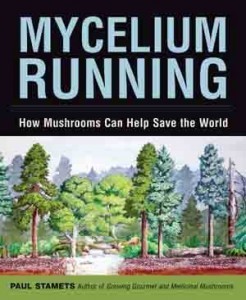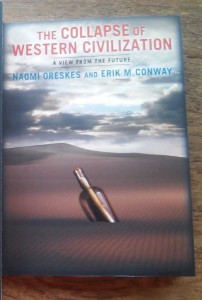“Share the Wealth” of your Knowledge
Knowledge can be like a disease. If we “catch” it for some personal or specific purpose, sometimes we don’t want to spread it around. We “quarantine” it to our own minds and desks. Writers can be especially adamant about holding on to their research, thoughts, and creative ideas. Who wants to have their work “stolen” by someone else or put out a spoiler that will dampen future sales?
The few writers in the eco-fiction genre are in a different sort of predicament. Eco-fiction, in part, strives to get the word out to as many people as possible, as quickly as possible. It’s no spoiler if there is a body of knowledge that could slow global warming, help climate refugees, save bees, stop the disappearance of biodiversity, or spark the germ of an innovative idea in someone else. (The same goes for writers of novels on social injustices and other current issues plaguing modern societies.)
With that in mind, I am about to share a few of my favorite, most useful, and valued resources. At least the public ones, not the human ones. And, before you ask, no, I’m not getting any kickbacks or anything else in return. The following list is very short. Each of the listings has so much material, it will keep you busy for some time. (Another list, at another time, will be shared for social topics.)
Several years ago, one of my human resources told me about Mycelium Running. Just get it. Really. It doesn’t matter if you don’t know what mycelium is. It doesn’t matter if you think mushrooms and related fungi are repulsive. This is a fascinating and amazing book, far ahead of its time. The author, Paul Stamets, has a TED talk called “Six Ways Mushrooms Can Save the World.” Watch that for an 18-minute preview of some of the material in the book. The talk has had nearly 3,500,000 views. It’s guaranteed to jumpstart your creative thinking. Read one of his quotes above and you’ll see what I mean.

https://www.ted.com/talks/paul_stamets_on_6_ways_mushrooms_can_save_the_world?language=en
2. Don’t let the title fool you. This one is not a history book—yet. The Collapse of Western Civilization is a deceptively tiny book for the density of its content. And, it is eco-fiction in its purest form. The setting is the year 2393 and the after effects of climate change have destroyed civilizations that didn’t pay attention or move fast enough. However, some nations tackled the problem head on and accomplished life-saving feats. Without giving more away, I will say I’ve read recent news accounts of how the book’s victorious nation is already making huge strides as the authors predicted. Beyond the story line is a broad, solid base of scientific research and factual information on every influencing factor.

3. Yes, of course, there are websites. Inhabitat is one at the top of my list. Both the website and the Facebook page are continually updated with new material. It covers news, architecture, food, and the latest innovations in other fields as well, all with an eye to sustainability and responsible choices. If you sign up to get the Facebook postings, that alone will keep you busy and well informed. I just received four new ones in the last two hours.
4. Need I mention all the TED talks? Join the nearly 9,000,000 followers of their Facebook postings and stay informed about literally every topic in the universe.
There are, of course, other sources, but this is already enough to provide information overload. Add your own sources and lists in the comments. Please share.
The post “Share the Wealth” of your Knowledge appeared first on Rising Tides and Undercurrents.



